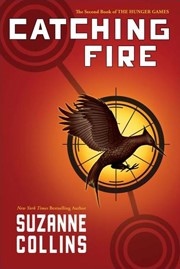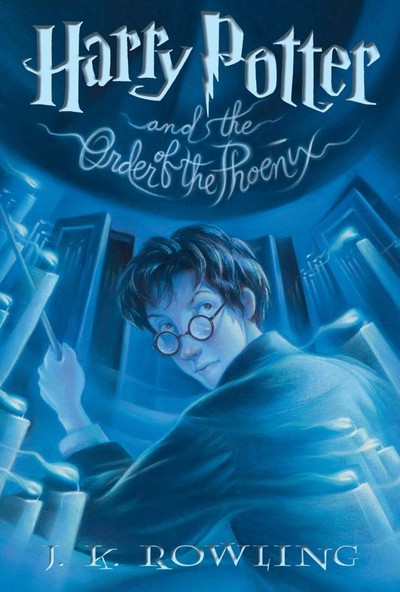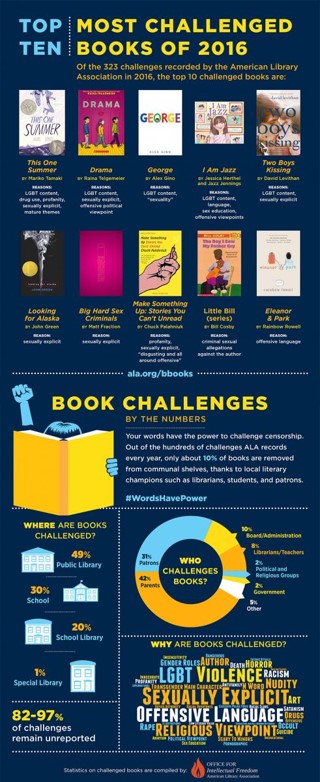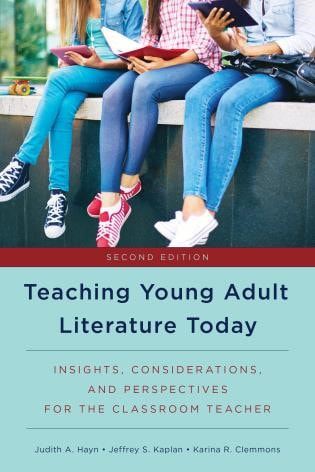“I feel like young adult literature is a misnomer. Calling it ‘literature’ gives it too much credit.”
“I don’t want to teach YA. I went into teaching so I could teach real literature.”
“I might use YA with middle schoolers, but I’d never use it with older students. It wouldn’t have anything to offer them.”
In 2014, Slate contributor Ruth Graham caused an uproar in internet book circles when she wrote an article unambiguously entitled “Against YA: Adults Should Be Embarrassed to Read Children’s Books”. Besides perceptions of YAL’s sentimentality and simplicity, others have voiced concerns over its subversive content, such as sexuality and drug use. These concerns have led young adult books to be frequently banned and challenged according to the American Library Association.
For those interested in participating, please visit the online survey (linked here) or contact me for more information. The survey takes around 5-10 minutes, and participants who complete it and include their contact information will be entered in a drawing for one of two $25 gift cards. In the survey, participants have the option to take part in a one-on-one interview to discuss their ideas in more depth. Those who complete the interview will receive a $15 gift card and will still be eligible for the survey drawing.





 RSS Feed
RSS Feed